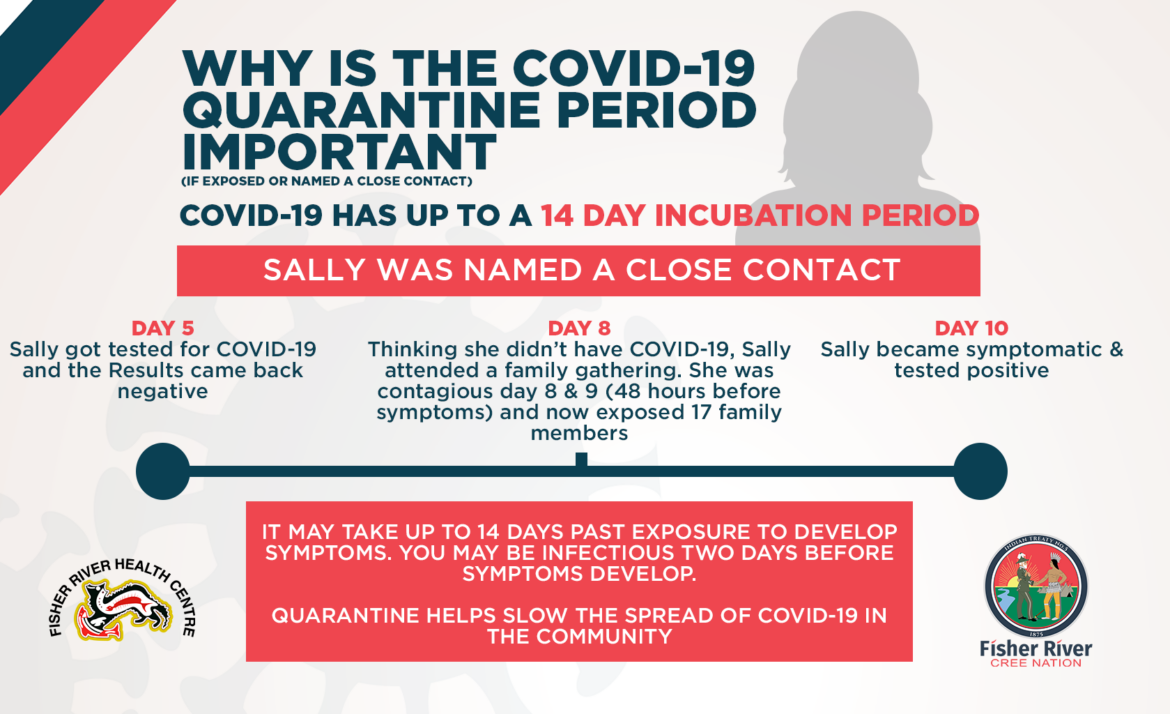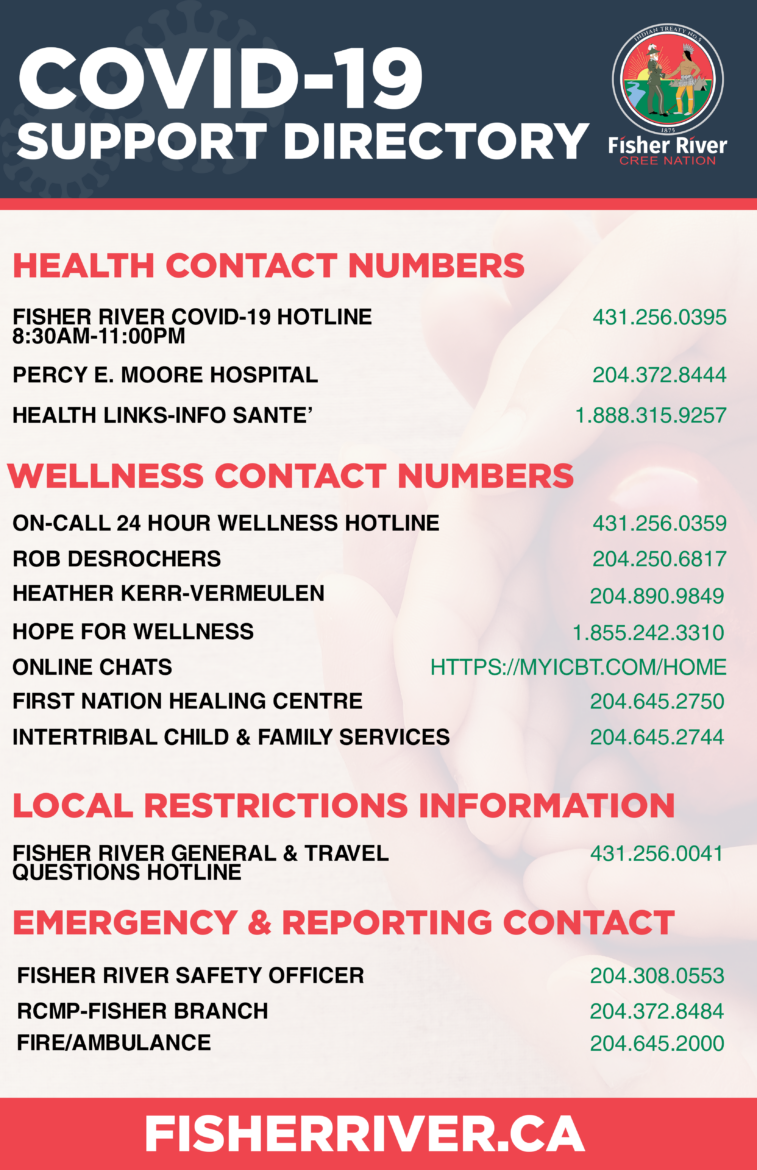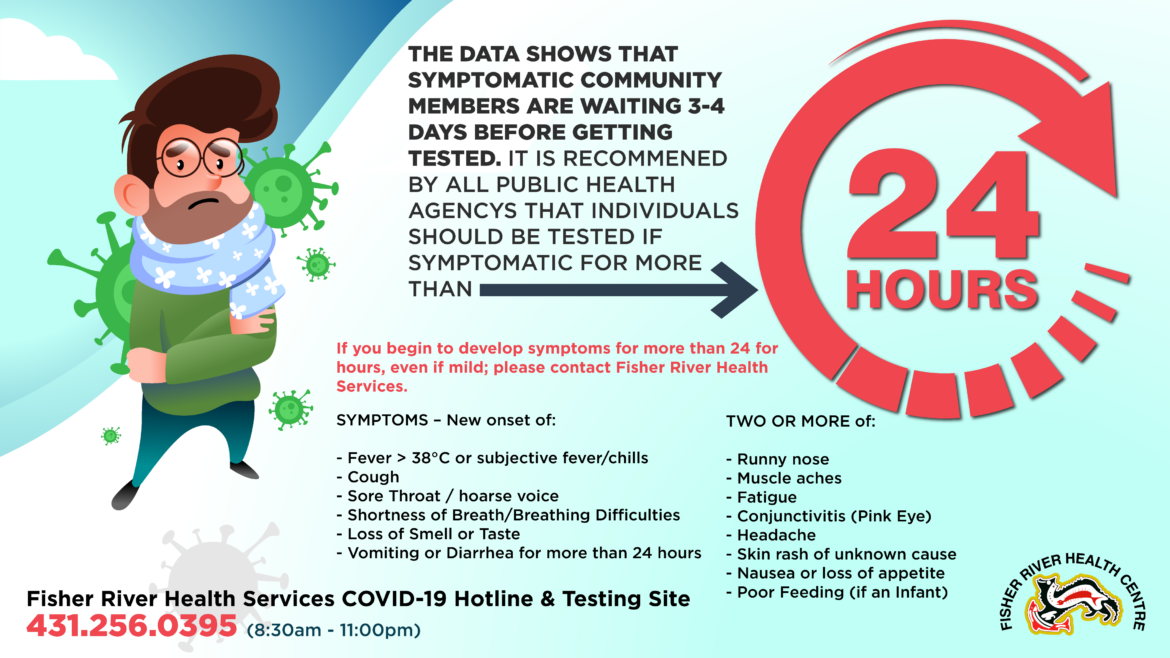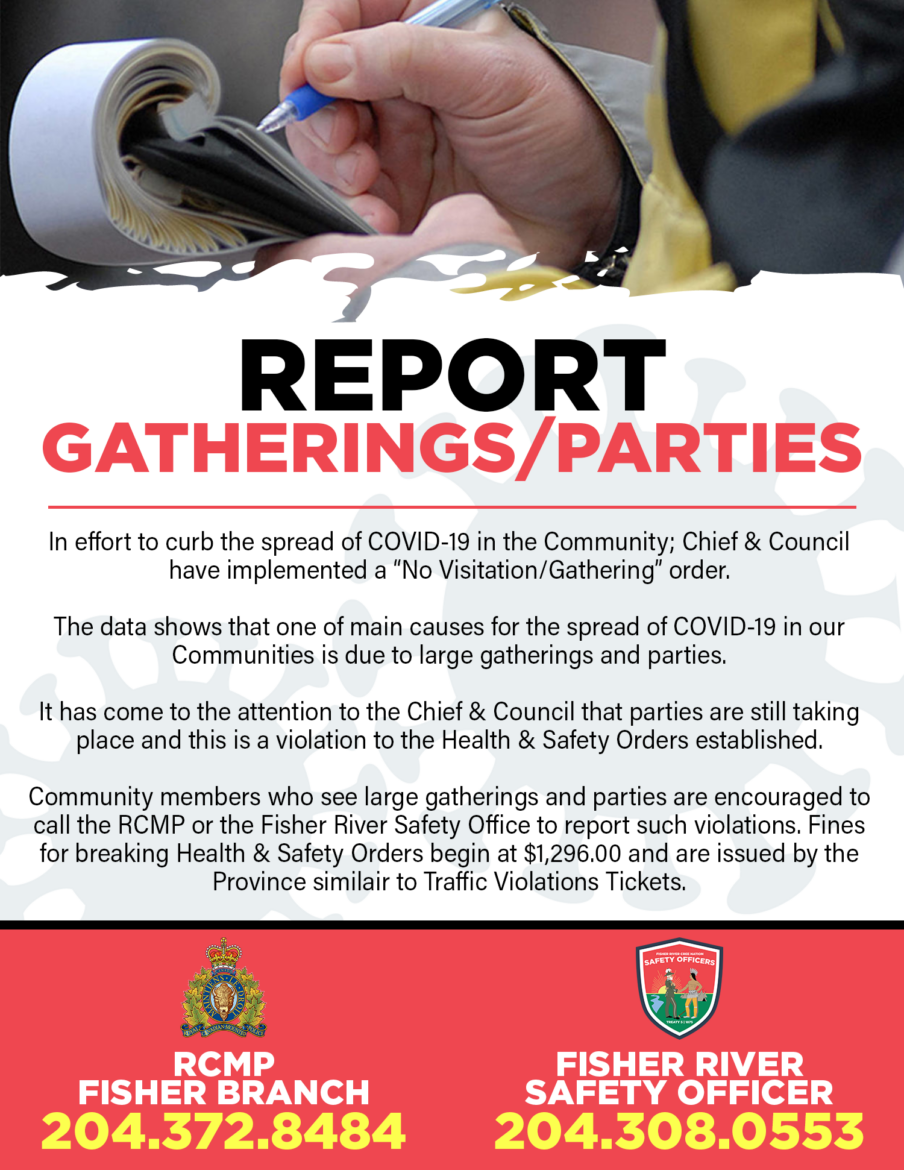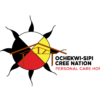
COVID-19 Updates
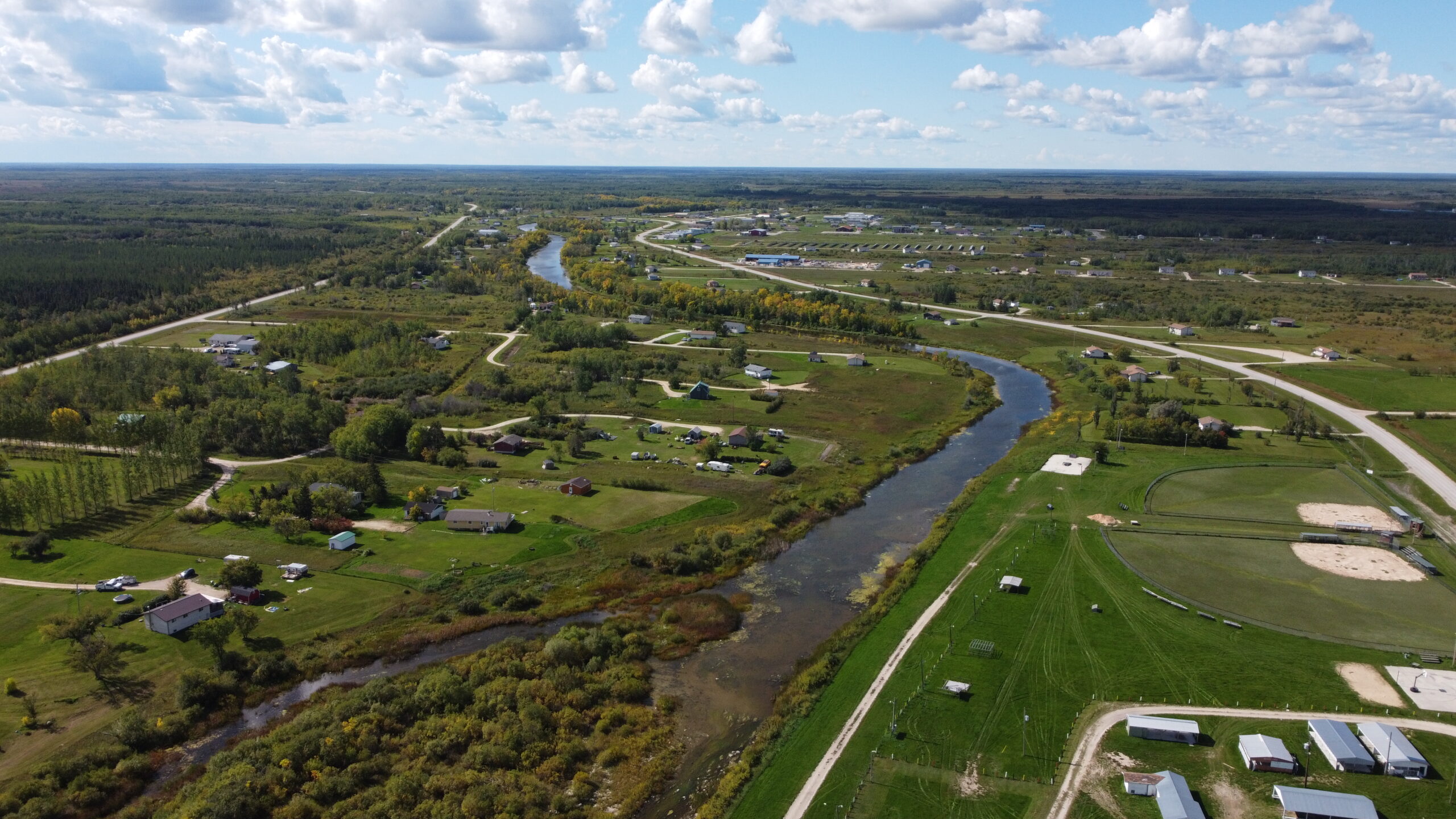
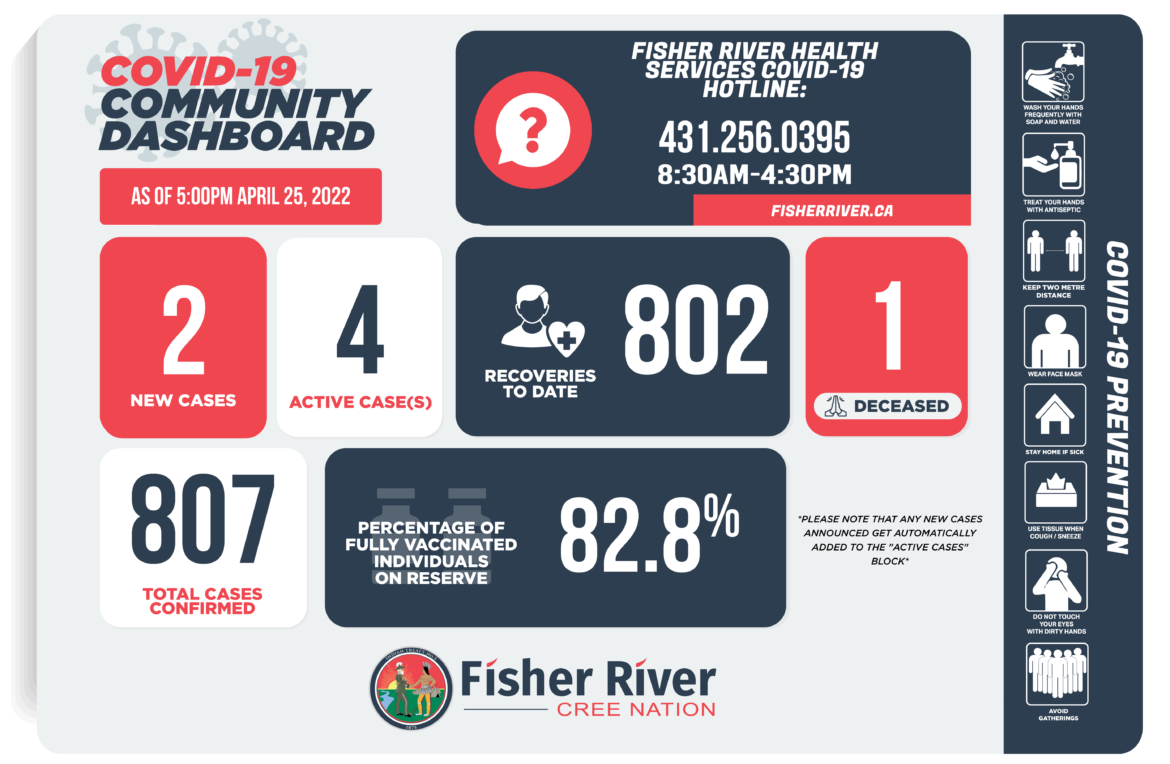
5:00pm April 25, 2022
Please be advised that there was 2 new cases of COVID-19 identified today. There is now 4 active cases in the community.
If you test positive at home using the Home Rapid Tests, please call the Fisher River Health Services COVID-19 Hotline at 431.256.0395 (8:30am-4:30pm) for further instructions.
*Please note that any new cases announced gets automatically added to the “Active Cases” block*
Latest Community COVID-19 Updates


COVID-19 Outbreak at the Personal Care Home Declared Over
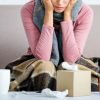
Manitoba Update on Seasonal Influenza
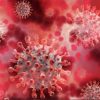
Updated COVID-19 Information – Isolation, Testing & Symptoms
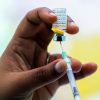
Moderna Bivalent Vaccine Available now at Fisher River Health Centre
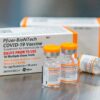
COVID-19 Vaccine Eligibility Expanded to include Children Ages Six Months to Four Years
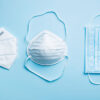
Fisher River Mask Mandate to be lifted on June 26

COVID-19 VACCINE: Updated Interval for Booster Doses and Expanded Eligibility for Second Booster Doses
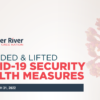
Lifting of COVID-19 Security Health Measures – As of March 31, 2022
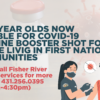
12-17 Year Old’s Now Eligible for COVID-19 Vaccine Booster Shots
SOCIAL MEDIA
We remind members to refrain from posting concerns or reporting individuals on Social Media, as it can lead to panic and stress. It can also impact the important work that Fisher River Health Services must carry out to ensure the safety of our members and may prove to do more harm than some may realize.
Reporting rumours or making negative comments/status’ about individuals who may or may not have COVID-19 or are in Isolation can cause a ripple effect that can do more harm to the overall community in ways such as:
- can make people feel guilty or bad about themselves if they have the virus and affect their mental wellness
- People may be less likely to get tested or seek treatment for the virus if they fear they will face discrimination on social media or in the public.
- People who have COVID-19, or think they may have come into contact with someone who is infected, might avoid a quarantine to hide the fact they are sick.
- Stigma and discrimination can also increase anxiety, as the person has to worry about how to manage the discrimination.
Please refer to the Fisher River Cree Nation website, social media pages and mobile app for official information regarding COVID-19.
CONTACT
Fisher River Health Services COVID-19 Hotline: 431.256.0395
8:30am – 4:30pm
Fisher River Cree Nation COVID-19 General & Travel Questions Hotline: 431.256.0041
Coronaviruses are a large family of viruses. Some cause illness in people and others cause illness in animals. Human coronaviruses are common and are typically associated with mild illnesses, similar to the common cold.
COVID-19 is a new disease that has not been previously identified in humans. Rarely, animal coronaviruses can infect people, and more rarely, these can then spread from person to person through close contact.
There have been 2 other specific coronaviruses that have spread from animals to humans and which have caused severe illness in humans. These are the:
SYMPTOMS OF COVID-19?
Those who are infected with COVID-19 may have little to no symptoms. You may not know you have symptoms of COVID-19 because they are similar to a cold or flu.
Symptoms may take up to 14 days to appear after exposure to COVID-19. This is the longest known incubation period for this disease. We are currently investigating if the virus can be transmitted to others if someone is not showing symptoms. While experts believe that it is possible, it is considered less common.
Symptoms have included:
- cough
- fever
- difficulty breathing
- pneumonia in both lungs
In severe cases, infection can lead to death.
Human coronaviruses cause infections of the nose, throat and lungs. They are most commonly spread from an infected person through:
- respiratory droplets generated when you cough or sneeze
- close, prolonged personal contact, such as touching or shaking hands
- touching something with the virus on it, then touching your mouth, nose or eyes before washing your hands
Current evidence suggests person-to-person spread is efficient when there is close contact.
IF YOU BECOME ILL
If you are showing symptoms of COVID-19, reduce your contact with others:
- isolate yourself at home for 14 days to avoid spreading it to others
- if you live with others, stay in a separate room or keep a 2-metre distance
- visit a health care professional or call your local public health authority
- call ahead to tell them your symptoms and follow their instructions
If you become sick while travelling back to Canada:
- inform the flight attendant or a Canadian border services officer
- advise a Canada border services agent on arrival in Canada if you believe you were exposed to someone who was sick with COVID-19, even if you do not have symptoms
- this is required under the Quarantine Act
- the Canada border services agent will provide instructions for you to follow
DIAGNOSING CORONAVIRUS
Coronavirus infections are diagnosed by a health care provider based on symptoms and are confirmed through laboratory tests.
TREATMENT?
Most people with mild coronavirus illness will recover on their own.
If you are concerned about your symptoms, you should self-monitor and consult your health care provider. They may recommend steps you can take to relieve symptoms.
Vaccine
At this time, there is no vaccine for COVID-19 or any natural health products that are authorized to treat or protect against COVID-19.
If you have received a flu vaccine, it will not protect against coronaviruses.
DIFFERENCE BETWEEN SELF-MONITOR, SELF-ISOLATION AND ISOLATE
There is a difference between advice to self-monitor, advice to self-isolate and advice to isolate. It is important to note these measures are in place to protect the health and safety of Canadians.
Self-monitoring means to:
- monitor yourself for 14 days for symptoms of respiratory illness, such as cough, fever and difficulty breathing
- avoid crowded places and increase your personal space from others whenever possible
If you develop symptoms, isolate yourself from others immediately and contact your public health authority as soon as possible.
Self-isolate if you:
- have no symptoms and
- have travelled outside of Canada within the last 14 days or
- have come in close contact with someone diagnosed with COVID-19 or
- have been asked to do so by your public health authority
Self-isolation means to:
- stay at home and monitor yourself for symptoms, even if mild, for 14 days
- avoid contact with others
If you develop symptoms, even if mild, stay home, avoid other people and contact your public health authority as soon as possible.
You need to be isolated if you:
- have symptoms, even if mild, associated with COVID-19 or
- have been diagnosed with COVID-19 or
- are waiting for laboratory test results or
- have been advised to do so by your Public Health Authority
Isolating yourself means to:
- stay home until the local public health authority says you are no longer at risk of spreading the virus
- avoid contact with others
If your symptoms get worse, immediately contact your healthcare provider or Public Health Authority and follow their instructions.
PREVENTION
Canadians should continue to think ahead about the actions that they can take to stay healthy and prevent the spread of COVID-19 in Canada, including:
- being prepared in case you or a family member become ill
- following the latest travel advice from federal and provincial public health leaders:
- avoiding all non-essential travel, including cruise ships
- self-isolating, and monitoring for symptoms (cough, fever or difficulty breathing) for 14 days if you have travelled outside of Canada
- reducing contact with others by following the guidance for self-monitoring, self-isolating, or isolating
- practicing social distancing and proper hygiene
- wearing masks, if necessary
Social distancing
Together, we can slow the spread of COVID-19 by making a conscious effort to keep a physical distance between each other. Social distancing is proven to be one of the most effective ways to reduce the spread of illness during an outbreak.
This means making changes in your everyday routines to minimize close contact with others, including:
- avoiding crowded places and non-essential gatherings
- avoiding common greetings, such as handshakes
- limiting contact with people at higher risk like older adults and those in poor health
- keeping a distance of at least 2 arms-length (approximately 2 metres) from others
Hygiene
Proper hygiene can help reduce the risk of infection or spreading infection to others:
- wash your hands often with soap and water for at least 20 seconds, especially after using the washroom and when preparing food
- use alcohol-based hand sanitizer if soap and water are not available
- when coughing or sneezing:
- cough or sneeze into a tissue or the bend of your arm, not your hand
- dispose of any tissues you have used as soon as possible in a lined waste basket and wash your hands afterwards
- avoid touching your eyes, nose, or mouth with unwashed hands
Cleaning
Health Canada has published a list of hard surface disinfectants that are likely to be effective for use against coronavirus (COVID-19).
Although they do not claim to kill viruses such as COVID-19, cleaners can play a role in helping limit the transfer of microorganisms. Health Canada recommends cleaning often, using either regular household cleaners or diluted bleach (1 part bleach to 9 parts water) the following high-touch surfaces:
- toys
- toilets
- phones
- electronics
- door handles
- bedside tables
- television remotes
Wearing masks
If you are a healthy individual, the use of a mask is not recommended for preventing the spread of COVID-19.
Wearing a mask when you are not ill may give a false sense of security. There is a potential risk of infection with improper mask use and disposal. They also need to be changed frequently.
However, your health care provider may recommend you wear a mask if you are experiencing symptoms of COVID-19 while you are seeking or waiting for care. In this instance, masks are an appropriate part of infection prevention and control measures. The mask acts as a barrier and helps stop the tiny droplets from spreading you when you cough or sneeze.

Fisher River Cree Nation is a community in which our history, language, traditions, and culture are paramount to who we are as a people. We will protect and maintain the spirit and intent of the treaties and our inherent rights. Fisher River will be a self-sustaining progressive community with a strong and accountable government. We will provide an environment where all people are healthy, safe, and respected.
CONTACT US
- 204.645.2171
- Box 367, Fisher River, MB R0C1S0
- Media Inquiries - [email protected]


